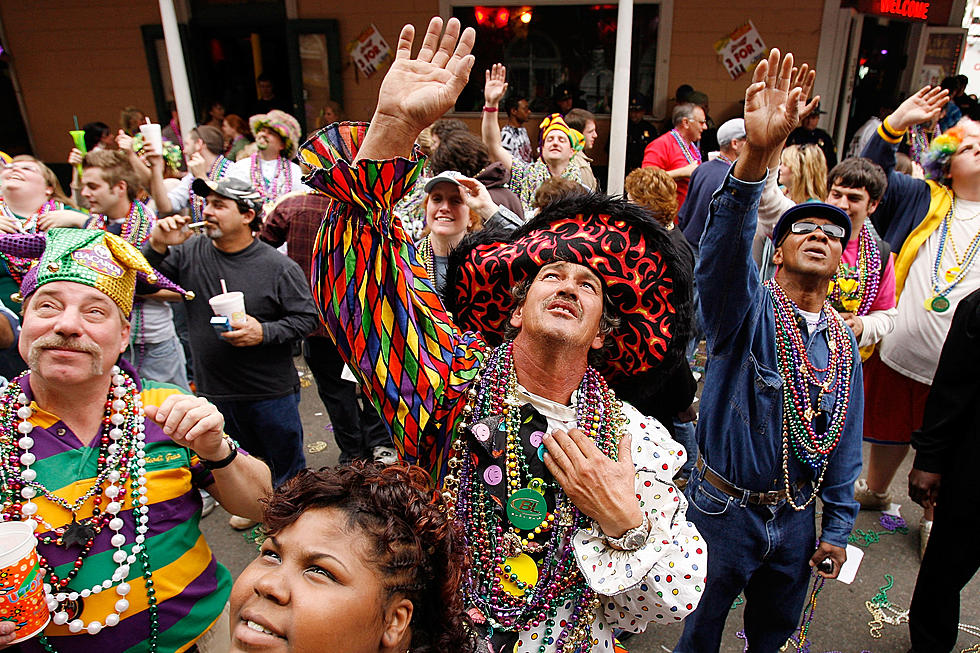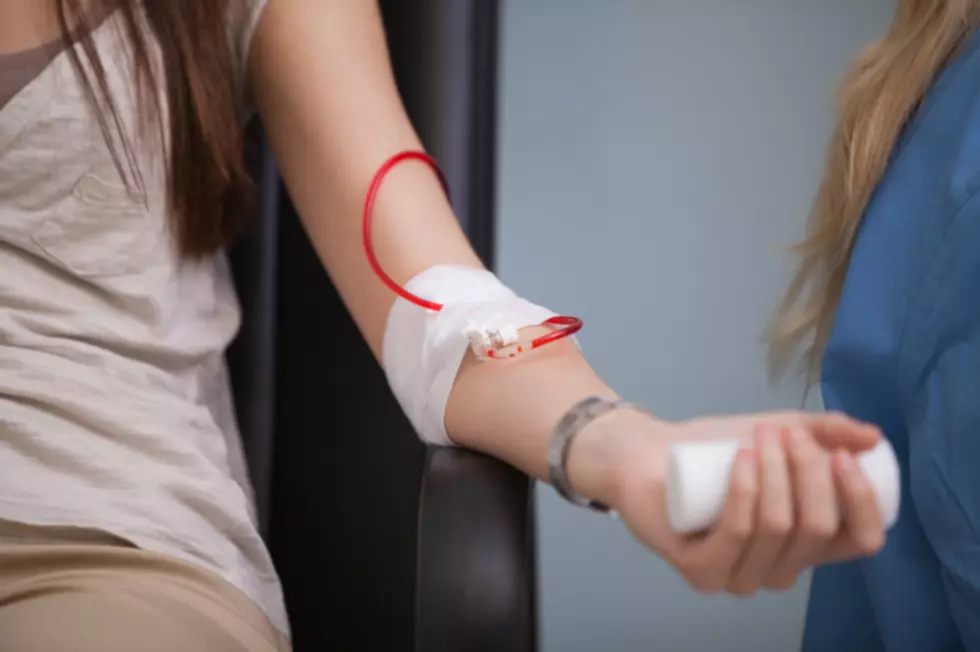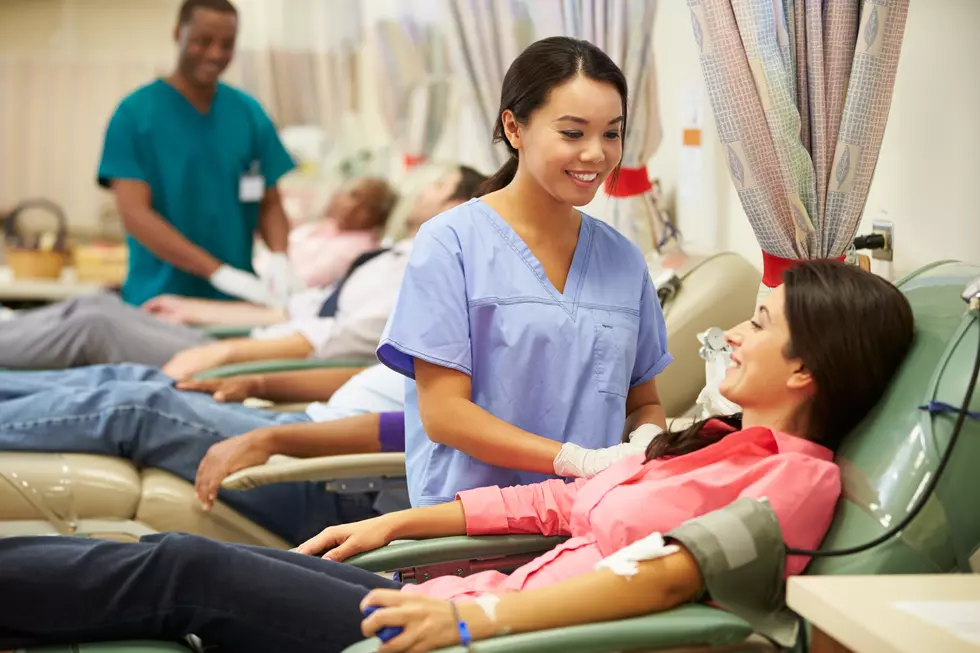
Blood Drive is Extended Through March 12th
There will be a blood drive at our local center on College Drive March 3rd through 12th. Donate and receive a limited edition Mardi Gras "Krewe of Life" T-Shirt. The center's hours are: Monday 9-6pm; Tuesday 9-7pm; Wednesday 9-6pm; Thursday 9-7pm; Friday 9-6pm; and Saturday 9-2pm. Lifeshare Blood Services is located at 1321 College Drive, Texarkana, Texas. You can call for an appointment at 903-794-3173.
According to LifeShare Blood Centers’ representative, Patricia Cunningham:
Each day area patients need approximately 650 units of blood components. From one unit of blood, red cells can be extracted for use in trauma and surgical patients. Plasma, the liquid part of the blood, is administered to patients with clotting problems. The third blood component, platelets, clots the blood when cuts or other open wounds occur, and are often used in cancer and transplant patients. None of these components last indefinitely. Red blood cells can be stored under refrigeration for 42 days and platelets a maximum of 5 days. The results for the minimum of 11 tests performed on each unit of blood takes between 36 to 48 hours. Then the blood is shipped to the hospitals for patient transfusion. Since most of the blood is shipped after testing, the blood supply must be replenished daily to meet patient’s needs.
Will donating blood hurt? You will feel a slight sting that will last for a couple of seconds.
Do I have enough blood to donate? Yes. The body contains 10 to 12 pints of blood. Your whole blood donation is approximately one pint.
How much time does it take for my body to replace the blood I donated? Not long at all. The volume of fluids will adjust within a few hours of your donation. The red cells will be replaced within a few weeks prior to your next donation eligibility date.
How often can I donate? Whole blood donors can give every 56 days. Double red cell donors can give every 112 days. Red cell and plasma donors can give every 56 days. Plasma donors can give every 28 days. Platelet donors can give up to 24 times a year.
What if I have anemia? Anemia is often a temporary condition. Eating foods high in iron such as red meat, dark green vegetables and raisins or by taking a multivitamin that contains iron will most likely remedy the condition.
What can I do if I am not eligible to donate?
- Organize a blood drives. Corporate blood drives are the largest source of blood donations in America, followed by schools, civic groups and the faith community.
- Volunteer. LifeShare needs volunteers to become community advocates and to help with blood drives. We need volunteers who will encourage others to donate blood and volunteer with LifeShare. Each blood center location has opportunities unique to current activities and promotions.
- Donate. Monetary contributions are needed to continue research and expansion. LifeShare is one of few blood centers in the nation to have the technology to perform genotyping on selected donors. The technique may be applied to more completely type donors who have received multiple transfusions and who have made antibodies to many of the blood group factors. (e.g., patients with Sickle Cell Disease, Diamond Blackfan Anemia and others).
Regardless of how individuals choose to be involved, being involved saves lives!
Potential donors must be at least 16 years old or older, in good health, and meet the height/weight requirements for donating. 16 year olds will need to bring a signed Minor Donor Permit to be able to donate blood. The form can be found on line at www.lifeshare.org (click on donating – click on whole blood – click on Minor Donor Permit Form D-08I and print). All donors must show a photo ID containing name and date of birth, need to have eaten a good meal and be well hydrated. It is suggested donors drink 16 ounces of water 10-30 minutes before donating
Donors are encouraged to visit LifeShare facebook and post their lifesaving comments at http://www.facebook.com/pages/LifeShare-Blood-Centers/147120341049
More From Power 95.9









